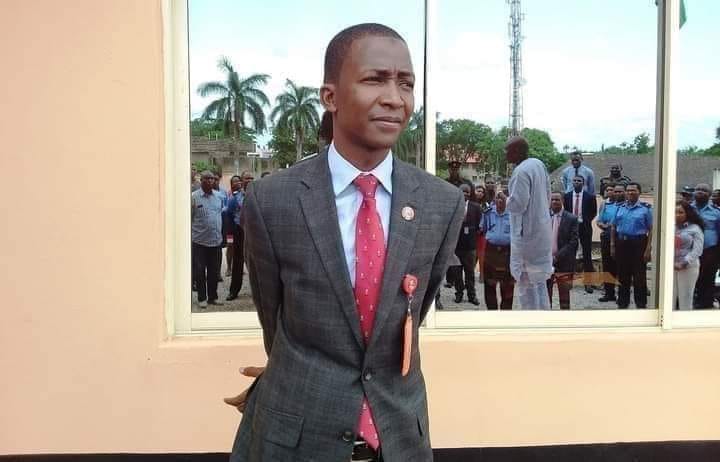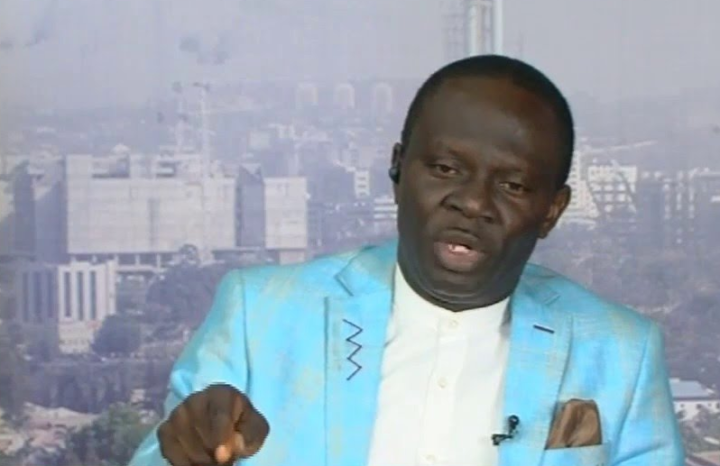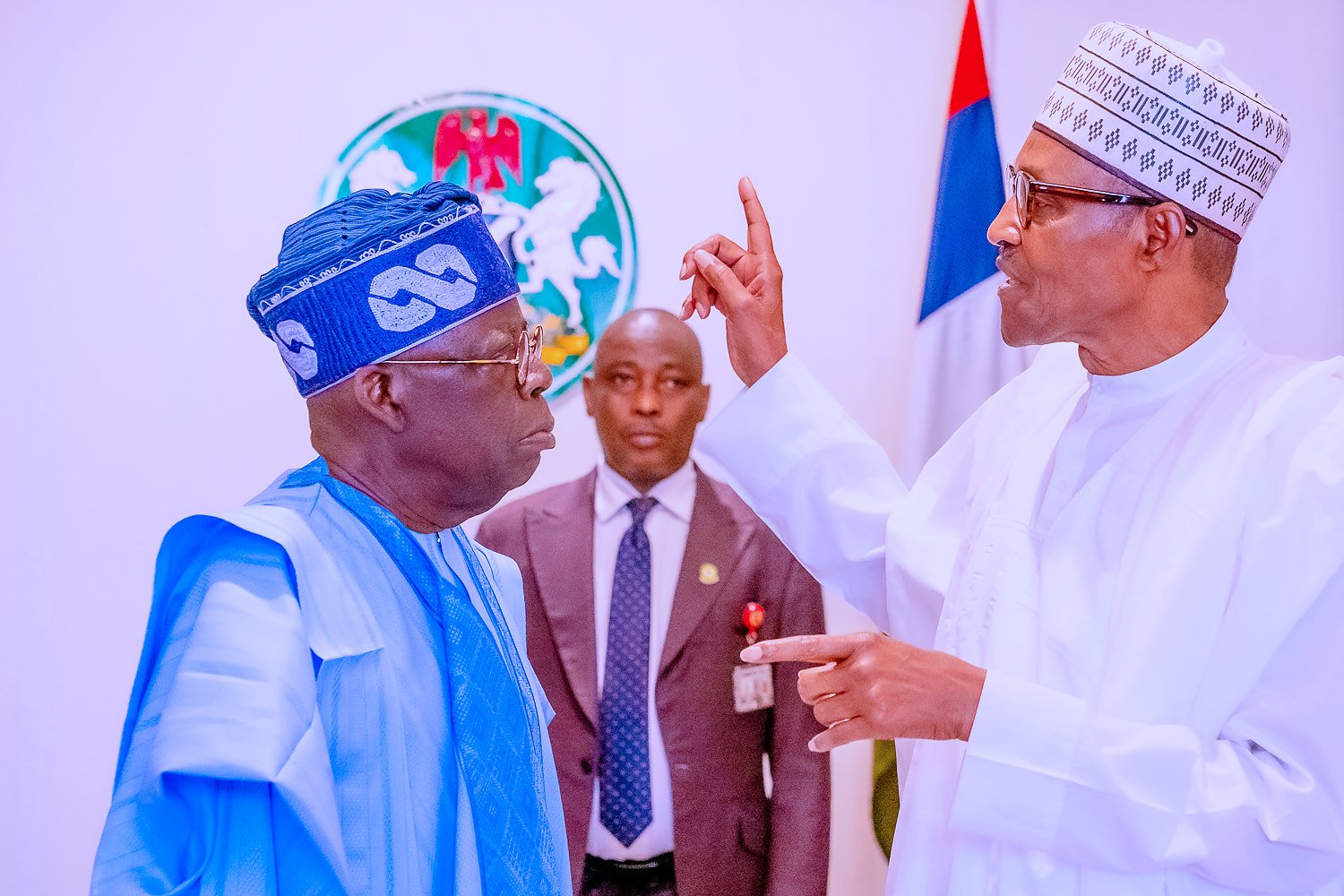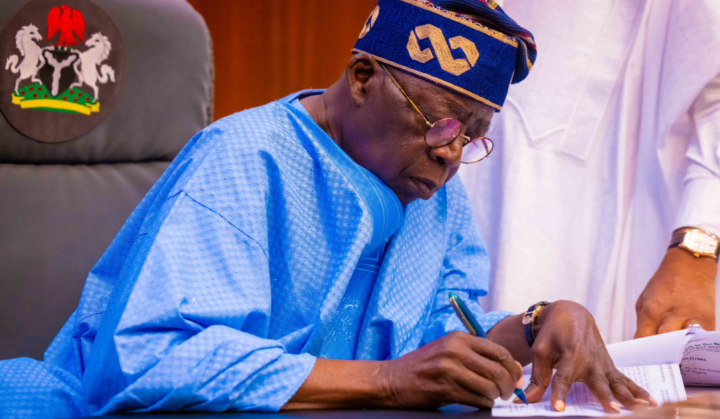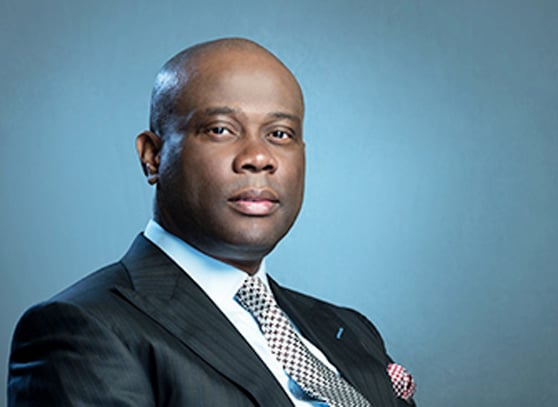One week after his suspension and subsequent arrest, Abdulrasheed Bawa, chairman of the Economic and Financial Crimes Commission (EFCC), remains in custody. This does not speak well.
It doesn’t do credit to the country, the president, the EFCC, or the much-touted but largely ineffectual war against corruption in Nigeria.
Now, the issue is not about whether Bawa has committed any infractions. He is human and susceptible to temptations, and like everyone caught up in violating the rules of engagement, he should face the music of his failings. However, there are ideal ways to do things in a democracy; not following those ideals is problematic.
I am saying that stealing public resources is just a subset of corruption; more intangible corrupt practices often rear their heads in the form of poor judgement in the operations of public policy, cronyism, ignoring due process, sabotaging the system for self-gains and devaluing procedures in the management of public affairs. Every time we run afoul of the law, no matter how highly placed or influential we are, we are guilty of some form of corruption.
Advertisement
A point in the case is the penchant of investigating and prosecuting bodies in Nigeria to arrest and detain suspects like it was a fundamental requirement of effective prosecution.
We must develop a system that respects the dignity of citizens without subjecting them to media trials before they have their day in court. Neither the gravity of the alleged crime nor the suspect’s antecedents (including having previously subjected others to the same treatment) justifies the drama that attends the investigation of people, especially public officials in Nigeria.
And speaking about public officials, it is more about people like Bawa, who led the country’s war against corruption. When we drag people like Bawa and dispense serial and unsubstantiated allegations about them through the media, we erode public confidence in the institution they serve and whatever they represent.
Advertisement
Sadly, this has been the EFCC’s trajectory since its inception. It is the leading anti-corruption agency in Nigeria, yet not one of the five people who have led the organisation has left with their heads high. When they were not accused of corruption, the government of the day found an excuse to push and disgrace every chair out of office.
For instance, arguably the most dreaded chair of the EFCC in its 20-year history is Mallam Nuhu Ribadu. Now, national security adviser to President Tinubu, Ribadu’s tenure brought down one state governor and an inspector general of police. He was reputed to have rejected $15 million from a former state governor. Still, his insistence on prosecuting this governor became his albatross when a “new Pharaoh who did not know Joseph” started occupying the Aso Rock Villa.
Although that government could have removed Ribadu without drama, the Umaru Yar’Adua presidency went for the spectacular!
Two weeks after he tried prosecuting former Governor James Ibori (a close associate of the president whom he had accused of attempted bribery), Ribadu was disgraced from office. In public glare, he was forced out of a graduation ceremony at the National Institute for Policy and Strategic Studies, Kuru, Plateau state, demoted by the police, and then retired!
Advertisement
Enter Farida Waziri, a retired assistant inspector-general of police (AIG). Throughout her tenure, allegations of covering up for top fraud and money laundering suspects trailed her.
Some reports claimed that certain international donors and partners stopped dealing with Nigeria and that the former American Ambassador, Robin Sanders, once walked out of a meeting with the late Ojo Madueke because Waziri was in the room!
Waziri got the boot in November 2011 with former President Goodluck Jonathan citing “national interest”.
Ibrahim Lamorde replaced Waziri, but he soon came under scrutiny. The senate accused him of stealing some money from the EFCC, even as he was charged with diverting cash and assets recovered from suspects.
Advertisement
His successor, Ibrahim Magu, had it rough from the outset. Upon his appointment by former President Muhammadu Buhari in November 2015, the senate refused to confirm him as chairman. They relied on a report from the Department of State Services (DSS), which allegedly indicted Magu for actions prejudicial to state security, associating with persons of interest, and living above his means.
Buhari eventually suspended Magu in July 2020, after which he was arrested and subjected to investigations by the Justice Ayo Salami (rtd.) panel. The government never made the findings of the panel public, but Magu was accused of corruption, insubordination, and abuse of office by the former attorney-general, Abubakar Malami (SAN). He did not do it.
Advertisement
Bawa was a breath of fresh air at his appointment in many respects. However, he went the way of his predecessors last week.
His removal and subsequent arrest shocked Nigerians because he met with President Bola Tinubu a few hours before becoming yesterday’s man. Aside from a recent allegation from former governor of Zamafara state, Bello Mattawale, that Bawa demanded a bribe of 2 million dollars from him, the government only attributed his suspension to the investigations of some “weighty allegations of abuse of office.” And there was the fifth corruption czar in Nigeria, going the same ignoble way as all his predecessors.
Advertisement
His continued detention, however, sends wrong signals to Nigerians, who are left to make conjectures about the reason for his arrest. This is more so because of the nebulous character of the expression “weighty allegations of abuse of office.” Historically, we don’t know how much of a president’s or governor’s personal interest is “abuse of office” when an appointee falls out of favour. That always makes things fishy.
So, even though Nigerians cannot vouch for Bawa’s honesty, speculations about steps that he may have taken against President Tinubu’s interests have also hit Nigerians’ consciousness.
Advertisement
The government should not keep Bawa for long without sharing the specifics of his offence with Nigerians. This request is not just about taking care of speculations on the particulars of his transgression; it also goes to the root of the credibility of the EFCC as well as the readiness of the administration to tackle corruption once and for all.
It should start with the decent treatment of those whom we remove from this exalted office. Of course, the government must ensure it appoints only people of integrity to this position, but there is also the issue of security of tenure. This absence of this may pressure officeholders into misdemeanours and encourage distractions. We should give adequate attention to the welfare of the leaders and operatives of the EFCC.
Second, we must try to understand why corruption has been so endemic in Nigeria. This is a country where the bribe takers and bribe givers are in a marriage officiated by bribe keepers. Consequently, we have created a nation where the brazen pursuit of wealth defines social character.
So, is there a sociological explanation for why corruption has become so cultural? Why are people numb to bribery, influence peddling, and reckless circumvention of due processes in all spheres of life?
Thirdly, and most importantly, we must build the power and force in the EFCC around the institution and not the leader.
The reform of the EFCC must encourage respect for the rule of law, the dignity of persons, and a level playing field where no one is favoured or despised. All animals must be equal in a country ready to deal with corruption, where Nigeria is. Corruption is so widespread that it is suffocating the oil and gas industry, compounding poverty, increasing insecurity, turning many youths into monsters, adulterating our moral foundation, and bringing the country to its knees.
Views expressed by contributors are strictly personal and not of TheCable.
Add a comment

